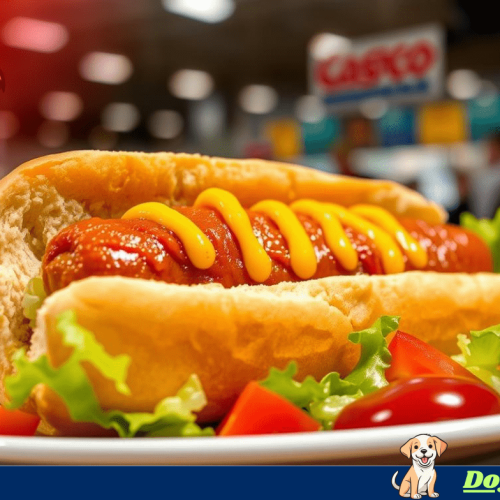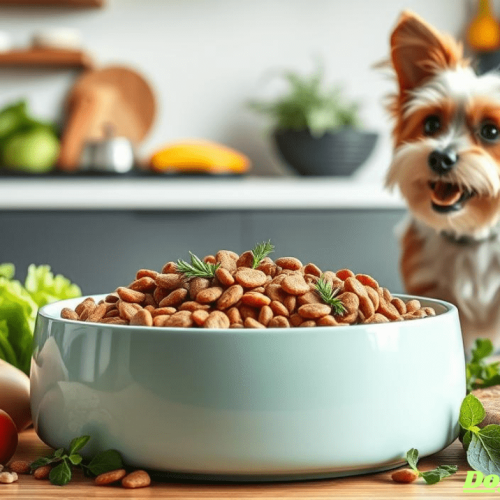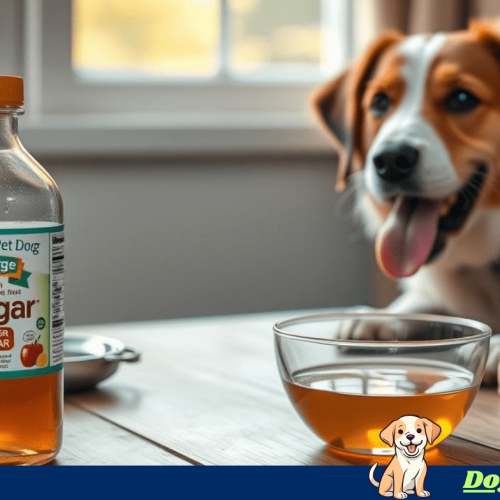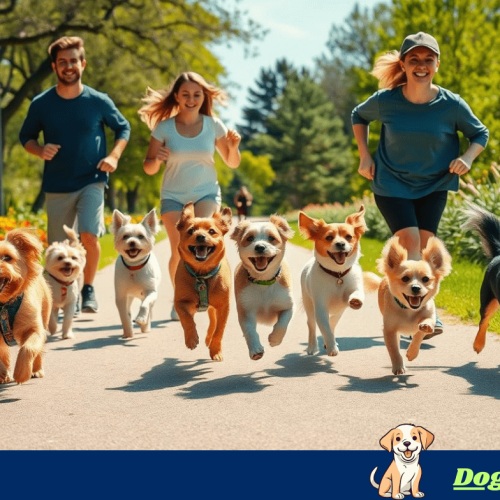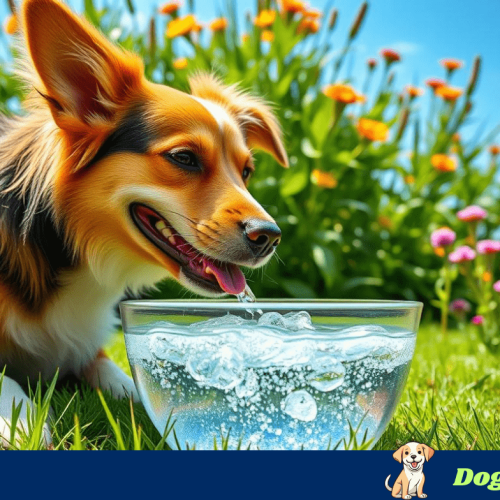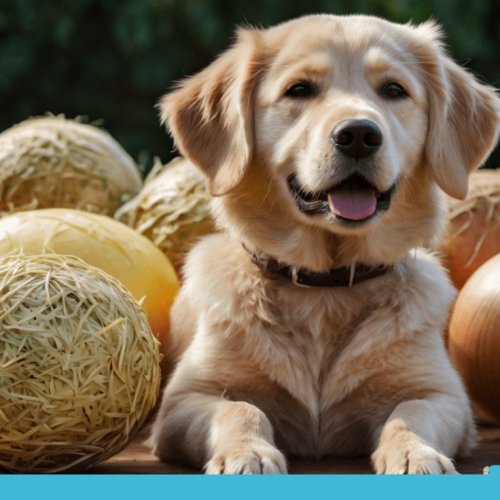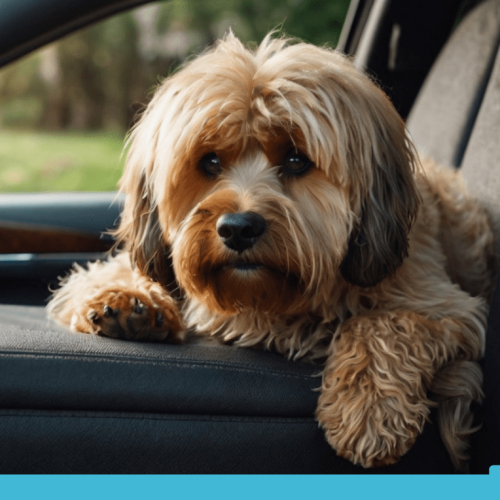Table of Contents
ToggleHow Rabies Vaccination Affects Your Dog’s Behavior and What to Expect
Rabies vaccination is a crucial step in ensuring your dog’s health and safety. By protecting against the deadly rabies virus, this vaccine not only safeguards your pet but also contributes to public health. However, many dog owners and veterinary professionals have noticed changes in their dogs’ behaviour following vaccination. This blog post aims to explore these behavioural changes, offering insights, practical tips, and examples to help you understand what’s normal and when to seek professional advice. We all should know about dog behavior after rabies vaccination:
Understanding Rabies and the Importance of Vaccination
Rabies is a viral disease that affects the central nervous system, leading to severe neurological symptoms and, ultimately, death. Vaccinating your dog against rabies is essential as it provides immunity against this fatal virus. The vaccine is typically administered annually or every three years, depending on the regulations in your area and your vet’s recommendations.
Common Immediate Reactions Post-Vaccination
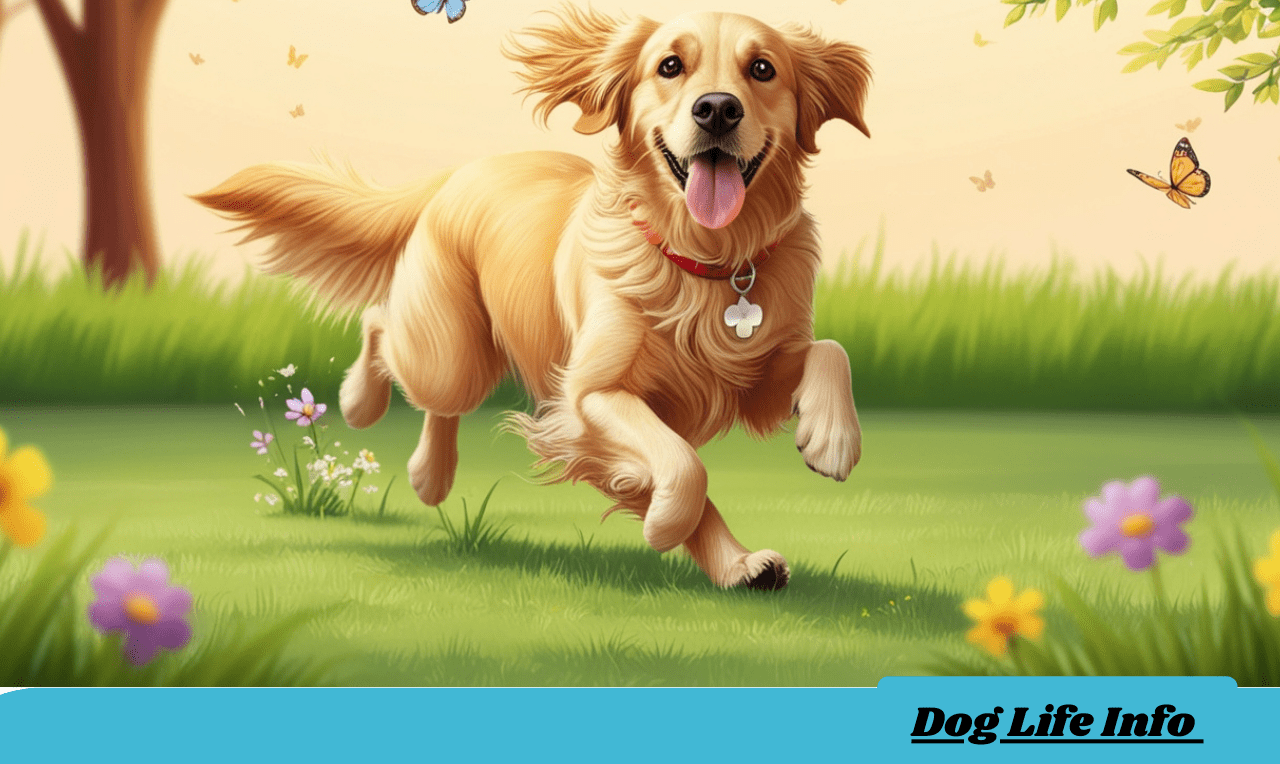
It’s not uncommon for dogs to experience minor side effects immediately after receiving the rabies vaccine. These can include mild fever, lethargy, and soreness at the injection site. These symptoms are usually short-lived, lasting just a day or two. In rare cases, dogs may exhibit vomiting or facial swelling, which requires immediate veterinary attention.
Behavioural Changes in the First 24 Hours
Many dog owners report noticing behavioural changes in their pets within the first 24 hours post-vaccination. Your dog may appear more tired than usual, less interested in food, or seem more irritable. These changes are typically a result of the body’s immune response to the vaccine. They should subside within a day or two.
Increased Aggressiveness or Anxiety
In some instances, dogs may show signs of increased aggression or anxiety post-vaccination. This could be due to the discomfort they are experiencing or as a reaction to the stress of the veterinary visit. Providing a calm and reassuring environment can help alleviate these symptoms. If aggressive behaviour persists, consult your vet, as it may be indicative of an underlying issue.
Unusual Vocalizations and Whining
Some dogs may become more vocal after receiving their rabies vaccine. Whining, barking, or other unusual vocalizations can be a sign of discomfort or pain. Monitoring your dog’s behaviour and providing comfort can help them adjust. If the vocalizations continue beyond a few days, it’s best to seek veterinary advice.
Changes in Appetite and Drinking Habits
Post-vaccination, you may notice changes in your dog’s eating and drinking habits. Some dogs might refuse food or water, while others might drink more than usual. These changes are generally temporary and should be resolved within a couple of days. Persistent changes, however, should be discussed with your vet.
Increased Sleep and Lethargy
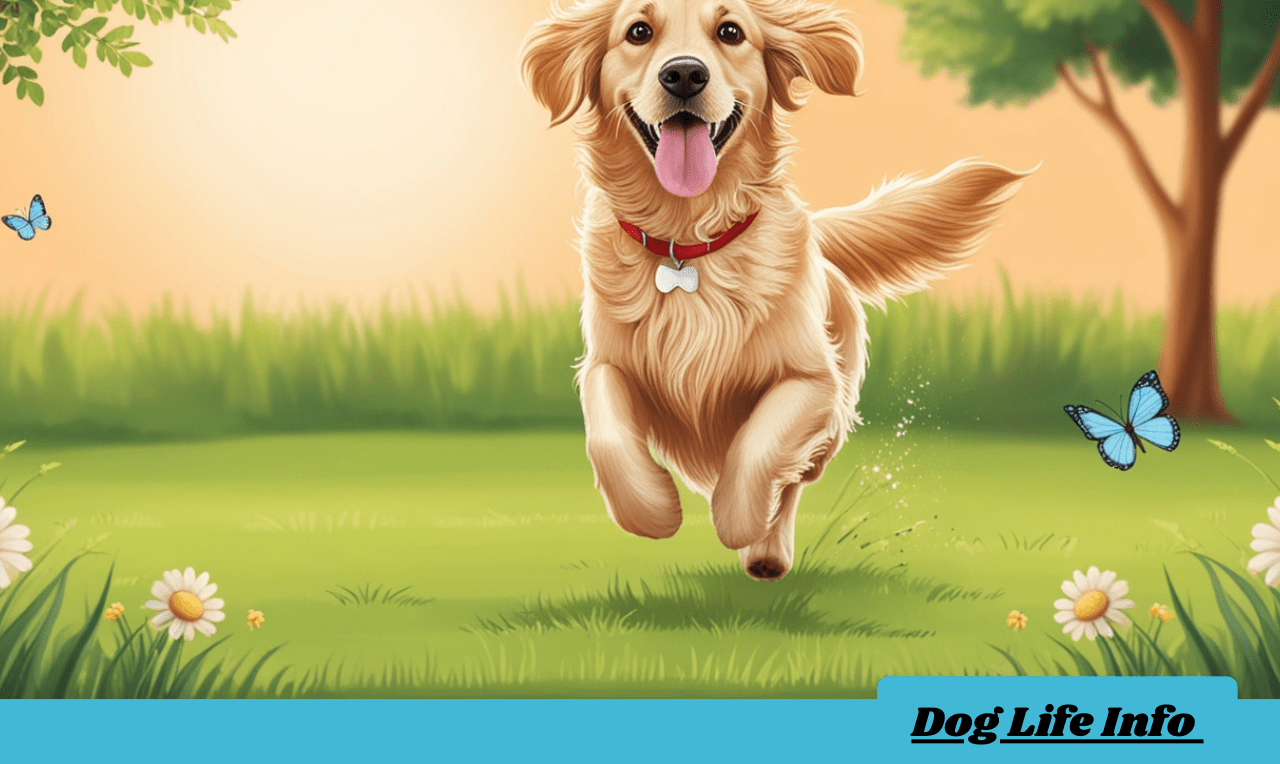
It’s common for dogs to sleep more and appear lethargic after getting their rabies shot. This increased need for rest is their body’s way of recovering from the vaccination process. Ensure your dog has a quiet, comfortable space to rest and recover without being disturbed.
Temporary Mobility Issues
Occasionally, dogs might experience temporary mobility issues, such as limping or stiffness, following the rabies vaccination. This is usually due to soreness at the injection site and should improve within a few days. Gentle massages and keeping your dog’s activity level low can help ease their discomfort.
Awareness of Rare but Serious Side Effects
While rare, serious side effects can occur post-vaccination. These might include severe allergic reactions, such as anaphylaxis, which require immediate veterinary intervention. Signs to watch for include difficulty breathing, excessive drooling, or collapse. Always keep an eye on your dog after vaccination and seek prompt medical attention if needed.
The Importance of Monitoring Your Dog
After your pet receives its rabies vaccination, it is essential to monitor it closely for any changes in behaviour or physical health. Keeping a journal of any observed side effects and their duration can be helpful when consulting with your veterinarian. This record will provide valuable information for your vet to determine if future vaccinations need adjustments.
When to Consult Your Veterinarian
While most post-vaccination symptoms are mild and temporary, it’s crucial to know when to seek veterinary advice. If your dog’s symptoms persist beyond a few days or worsen, or if you notice any severe reactions, contact your vet immediately. They can provide guidance and ensure your dog’s health and well-being.
Tips for Minimizing Stress During Vaccination Visits
Reducing your dog’s stress during vaccination visits can help minimize behavioural changes post-vaccination. Bringing along their favourite toy, offering treats, and maintaining a calm demeanour can make the experience less traumatic for your pet. Some vets also provide pre-visit sedation for highly anxious dogs, helping them stay relaxed.
Building a Positive Veterinary Relationship
Developing a positive relationship with your veterinarian can make future visits more manageable. Regular check-ups, even when your dog is healthy, can help acclimate them to the vet’s office environment. A trusting relationship between your dog and their vet can significantly reduce anxiety and stress during future vaccination visits.
Tips for Minimizing Stress During Vaccination Visits
Reducing your dog’s stress during vaccination visits can help minimize behavioural changes post-vaccination. Bringing along their favourite toy, offering treats, and maintaining a calm demeanour can make the experience less traumatic for your pet. Some vets also provide pre-visit sedation for highly anxious dogs, helping them stay relaxed.
Building a Positive Veterinary Relationship
Developing a positive relationship with your veterinarian can make future visits more manageable. Regular check-ups, even when your dog is healthy, can help acclimate them to the vet’s office environment. A trusting relationship between your dog and their vet can significantly reduce anxiety and stress during future vaccination visits.
Freequenty asked question about Dog Behavior After Rabies Vaccination

- 1. Is it normal for my dog to be tired after a rabies vaccination?
Yes, it’s common for dogs to feel tired for 24-48 hours after the vaccination. If lethargy persists, consult your veterinarian.
- 2. Can a rabies vaccine cause behavioral changes in my dog?
Some dogs may experience temporary behavioral changes like mild aggression or withdrawal. These should be resolved within a few days.
- 3. Why is my dog whining after the rabies vaccine?
Whining can be due to discomfort or pain at the injection site. This should subside within a day or two.
- 4. Is a decreased appetite normal after vaccination?
Yes, decreased appetite can occur, but it usually resolves within 24-48 hours. Contact your vet if it lasts longer.
- 5. What should I do if my dog has a severe reaction to the rabies vaccine?
Seek immediate veterinary care if you notice severe symptoms, such as difficulty breathing or swelling. For mild symptoms, monitor your dog and consult your vet if needed.
Conclusion
Understanding the potential behavioural changes following a rabies vaccination can help you provide the best care for your dog. While most side effects are mild and temporary, staying informed and monitoring your pet closely can ensure their health and well-being. Don’t hesitate to seek veterinary advice if you have any concerns. For more personalized guidance on your dog’s health, consider booking a consultation with one of our expert veterinarians today.
Also Read : Dog Life Info
Puppy Mill Dog Behavior Problems


